Byron Bay hospital nurses face burnout as Covid cases increase
Staff at a hospital which serves one of Australia’s most famous holiday towns are at breaking point amid a “constant cascade of calamity”.
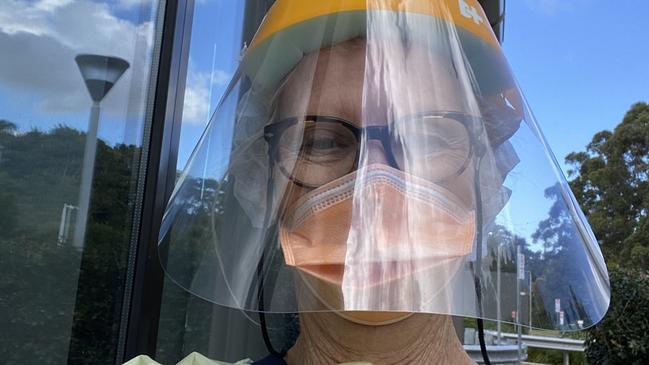
Byron Shire
Don't miss out on the headlines from Byron Shire. Followed categories will be added to My News.
It was touted as a state-of-the-art facility for the NSW North Coast’s prime tourist town.
But behind the near-new building and its paradise setting, Byron Bay’s hospital staff are stretched thin.
Liz McCall has been a nurse for more than 45 years but she believes Christmas Day spent in the fever clinic was probably the worst shift of her life.
“It was just horrendous; we didn't have enough staff but there were just too many people,” she said.
Ms McCall, assistant secretary of the Byron Central Hospital branch of the NSW Nurses and Midwives’ Association, said nursing staff there were facing their worst challenges since the Covid-19 pandemic began.
The Byron Shire and broader Northern Rivers region have in recent weeks been recording Covid case numbers not seen before in the area.
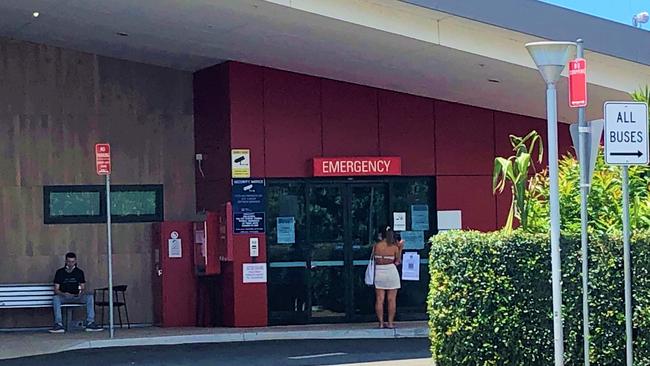
“It’s very unsettled,” Ms McCall said.
“The Covid situation is a microcosm of the state, obviously, and of Australia and internationally.”
She said the impact of soaring case numbers and the return of large numbers of tourists had been exacerbated by the “close to skeleton” staffing that was the base level for the hospital.
While nurse to patient ratios are in place in Queensland, Ms McCall said the NSW government had refused “for many years” to negotiate on a similar arrangement.
“The staffing situation on the Far North Coast has been so dreadful for so long,” she said.
“And of course now everyone‘s going off on Covid leave, close contacts plus the myriad of other illnesses that people have.
“This is just huge for the staff and they’re all exhausted and very angry.”
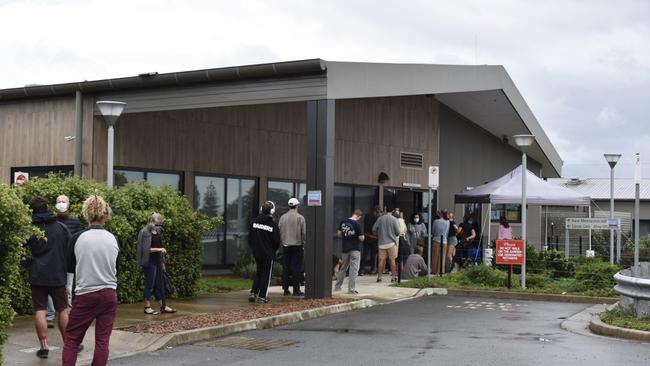
Northern NSW Local Health District acting chief executive Lynne Weir said her organisation had been increasing its staffing and upskilling its workforce in readiness to care for Covid-19 patients and had sufficient intensive care beds across Grafton, Lismore and Tweed to manage a surge in Covid-19 patients.
“Additional training programs were developed for nurses, midwives, and allied health staff, with more than 265 staff attending surge training in intensive care, emergency and immunisation specialties to provide additional capacity to care for patients,” Ms Weir said.
She said the networked nature of the region’s hospitals meant that in the event of a Covid-19 outbreak in a particular facility, staff who were working in non-frontline roles, as well as staff from other facilities, could be called in to assist.
Ms McCall said nurses could also be troubled by patient perceptions.
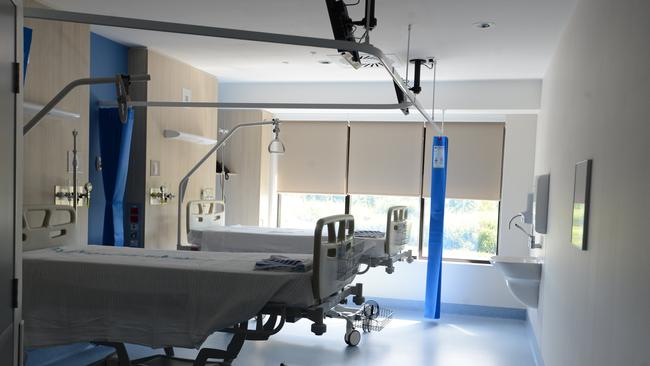
“They don’t know you’re run off your feet so they get angry when their call bell’s not answered,” she said.
She said those call bells across the region had been “ringing incessantly” in recent times.
Nursing staff are meanwhile working large amounts of overtime, she said.
“Every day, every shift, they’re short,” Ms McCall said.
“At the moment that’s just increased astronomically.”
She said nurses felt under pressure to fill the gaps, but this could come with added risk.
“They don’t want to let down their colleagues so they go in for extra shifts and they’re not getting enough sleep,” Ms McCall said.
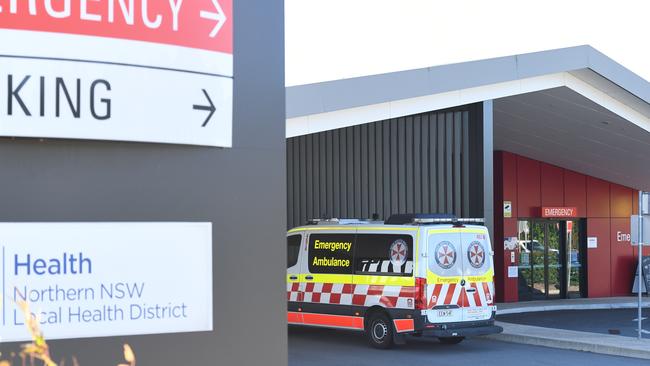
She said Premier Dominic Perrottet’s recent assertions the health system was coping were “a load of rubbish”.
“We’re not coping and the community needs to know what to expect when they go to hospital,” she said.
Mr Perrottet said frontline health workers, including those in the northern areas of NSW, deserved praise for their extraordinary and continued effort at a time when the health system was under pressure amid the Covid-19 pandemic.
“It has been a tough two years, especially for our frontline health workers,” Mr Perrottet said.
“And in particular an even tougher two months during the latest variant of the virus.
He said the state’s priority was keeping people safe and supporting healthcare workers who had been doing an incredible job.
“The best thing anyone can do for their family, friends, community and to help the burden faced by our frontline health workers is get vaccination or get a booster,” Mr Perrottet said.
Ms McCall said there was meanwhile a large recruitment backlog in nursing and other parts of local hospitals.
Among current vacancies are the most two senior nursing roles at Byron Central Hospital after the director of nursing and their deputy departed the facility.
For Byron Central Hospital alone, the health district has also advertised jobs for an after hours nurse manager and the emergency department’s nurse unit manager, as well as a physiotherapist role.
Ms McCall said she didn’t blame those leaders for leaving, although their absence has been poor for morale.
Some departing staff have left for what they see as greener pastures in Queensland, with a “better career structure, pay scale and allowances” and nurse-patient ratios, Ms McCall said.
Others have left the health system altogether.
“It’s just this constant cascade of calamity, basically,” she said.




